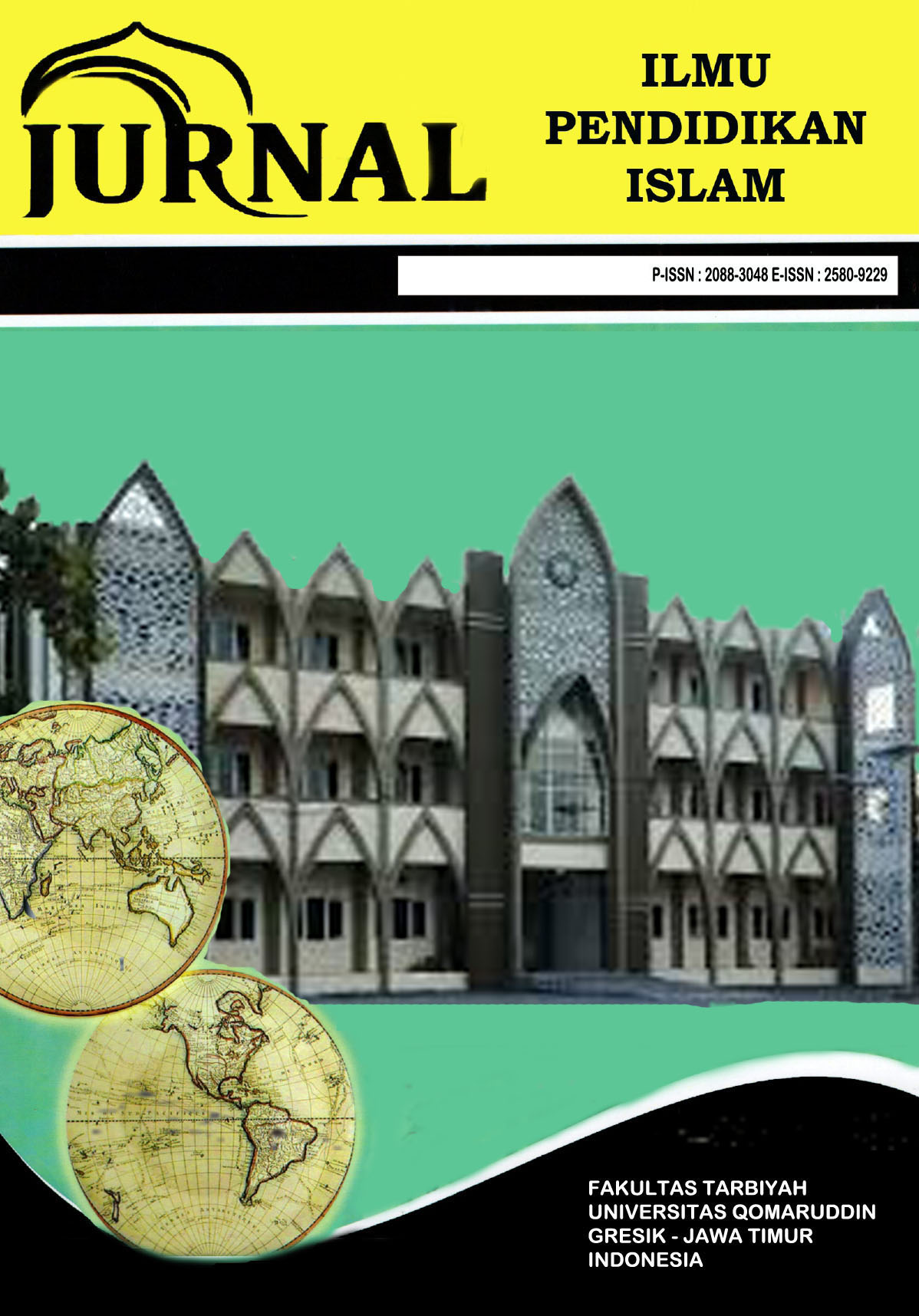IMPLEMENTASI MODEL PEMBELAJARAN INOVATIF DALAM MATA PELAJARAN P5 UNTUK MENINGKATKAN HASIL BELAJAR SISWA DI SD NEGERI 79 KOTA BENGKULU
Abstrak
Penelitian ini bertujuan untuk menganalisis implementasi Proyek Penguatan Profil Pelajar Pancasila (P5) di SD Negeri 79 Kota Bengkulu serta mengidentifikasi faktor-faktor yang mendukung dan menghambat keberhasilannya. P5 merupakan bagian dari Kurikulum Merdeka yang menekankan pembelajaran berbasis proyek untuk membangun karakter dan keterampilan abad ke-21 pada siswa. Metode penelitian yang digunakan adalah pendekatan kualitatif deskriptif dengan teknik pengumpulan data melalui observasi, wawancara, dan dokumentasi. Hasil penelitian menunjukkan bahwa penerapan model pembelajaran berbasis proyek dalam P5 meningkatkan partisipasi aktif siswa, pemahaman konsep, serta keterampilan berpikir kritis dan kolaboratif. Siswa menjadi lebih termotivasi dalam belajar, lebih aktif dalam diskusi, dan lebih mandiri dalam menyelesaikan tugas. Selain itu, hasil evaluasi akademik menunjukkan peningkatan pemahaman konsep sebesar 20% dibandingkan sebelum penerapan model ini. Namun, terdapat beberapa kendala dalam implementasi P5, seperti keterbatasan waktu, kesiapan guru dalam merancang proyek, serta dukungan fasilitas yang masih terbatas. Dengan memahami faktor-faktor yang memengaruhi keberhasilan program ini, penelitian ini diharapkan dapat memberikan rekomendasi bagi pendidik dan pemangku kebijakan untuk mengoptimalkan implementasi P5 di sekolah dasar. Model pembelajaran inovatif ini berpotensi menjadi solusi dalam meningkatkan efektivitas pendidikan berbasis karakter di Indonesia.
Referensi
Ananda, R. (2024). Pendidikan Karakter dalam Menghadapi Tantangan Globalisasi. Jakarta: Pustaka Akademika.
Fauzi, M. (2022). Faktor Sosial dan Budaya dalam Implementasi Kurikulum Merdeka. Bandung: EduPress.
Hasanah, N. (2024). Penerapan Pembelajaran Berbasis Proyek dalam Meningkatkan Keterampilan Pemecahan Masalah. Yogyakarta: Pustaka Ilmu.
Hidayat, A. (2021). Pembelajaran Kontekstual dalam Kurikulum Merdeka. Malang: Cendekia Media.
Hmelo-Silver, C. E. (2004). Problem-Based Learning: What and How Do Students Learn? Educational Psychology Review, 16(3), 235-266.
Kemendikbud. (2022). Panduan Implementasi Proyek Penguatan Profil Pelajar Pancasila. Jakarta: Kementerian Pendidikan, Kebudayaan, Riset, dan Teknologi.
Kolb, D. A. (1984). Experiential Learning: Experience as the Source of Learning and Development. New Jersey: Prentice Hall.
Mayer, R. E. (2009). Multimedia Learning (2nd ed.). Cambridge: Cambridge University Press.
Miles, M. B., Huberman, A. M., & Saldana, J. (2014). Qualitative Data Analysis: A Methods Sourcebook (3rd ed.). California: SAGE Publications.
Putri, S. (2023). Kesiapan Tenaga Pendidik dalam Implementasi Proyek Penguatan Profil Pelajar Pancasila. Surabaya: Graha Ilmu.
Rahmawati, D. (2023). Pembelajaran Berbasis Proyek dalam Meningkatkan Tanggung Jawab Siswa. Semarang: Widya Press.
Rohmah, L. (2022). Strategi Pembelajaran Inovatif dalam Kurikulum Merdeka. Jakarta: EduPustaka.
Santoso, B. (2021). Pengaruh Model Pembelajaran Berbasis Proyek terhadap Keterampilan Komunikasi dan Kerja Sama. Bandung: Andalas Press.
Sari, M. (2022). Peran Orang Tua dalam Mendukung Implementasi Kurikulum Merdeka. Yogyakarta: Media Edukasi.
Sunarto, E. (2023). Pembelajaran Berbasis Proyek untuk Meningkatkan Berpikir Kritis dan Analitis. Jakarta: Pustaka Mandiri.
Suyanto, A. (2020). Pendidikan Abad 21 dan Implementasi Kurikulum Merdeka. Yogyakarta: Gadjah Mada University Press.
Vygotsky, L. S. (1978). Mind in Society: The Development of Higher Psychological Processes. Cambridge, MA: Harvard University Press.
Wibowo, T. (2022). Motivasi Belajar dalam Pembelajaran Berbasis Proyek. Surabaya: Cahaya Ilmu.
Warschauer, M., & Matuchniak, T. (2010). New Technology and Digital Worlds: Analyzing Evidence of Equity in Access, Use, and Outcomes. Review of Research in Education, 34(1), 179-225
##submission.copyrightStatement##
##submission.license.cc.by4.footer##




